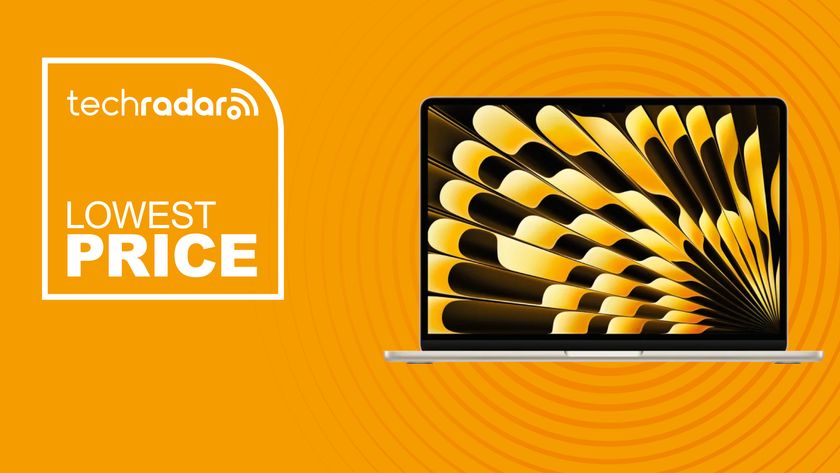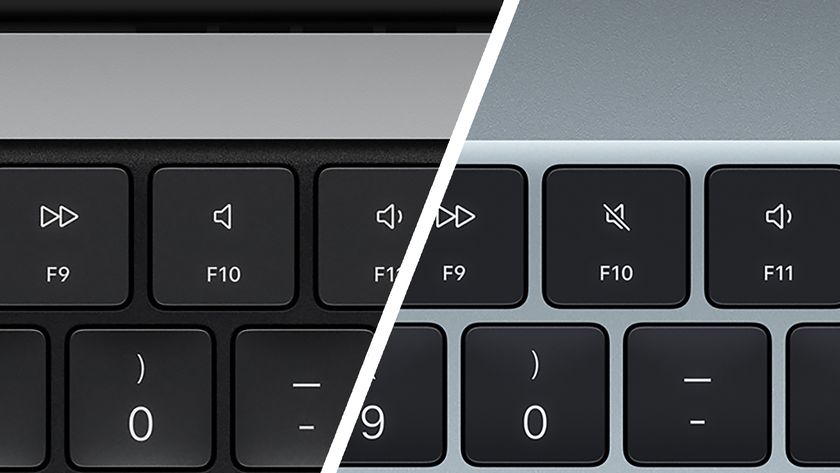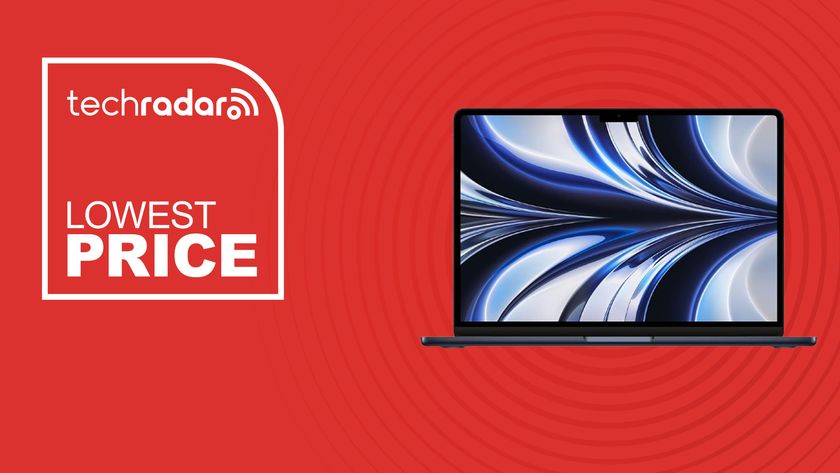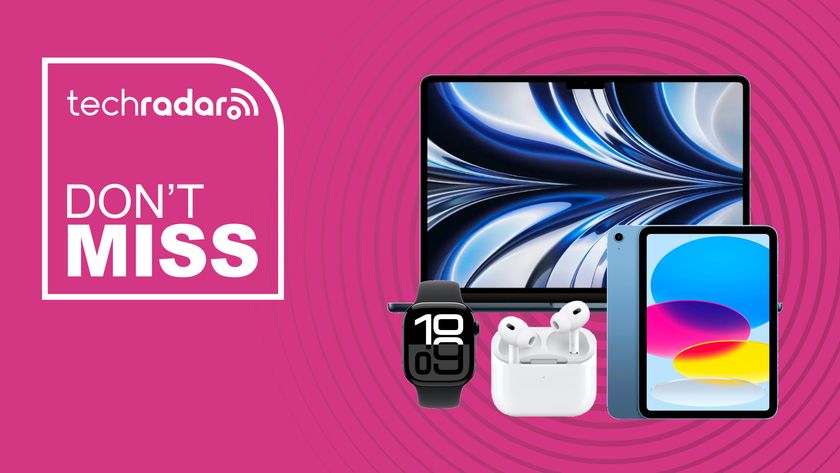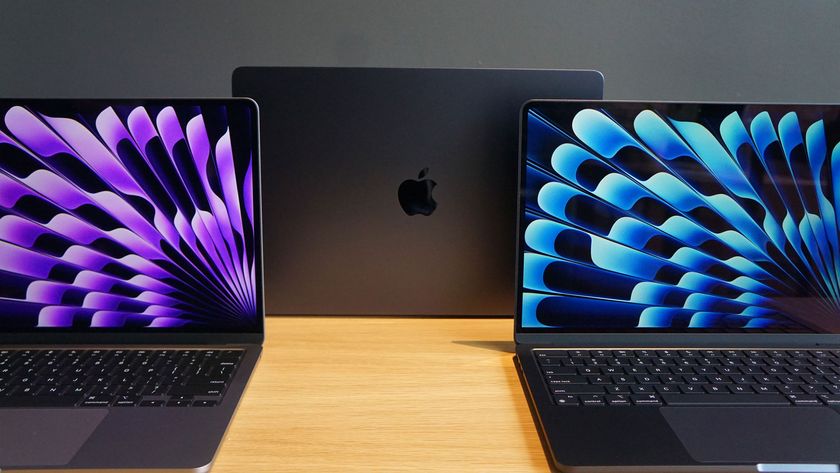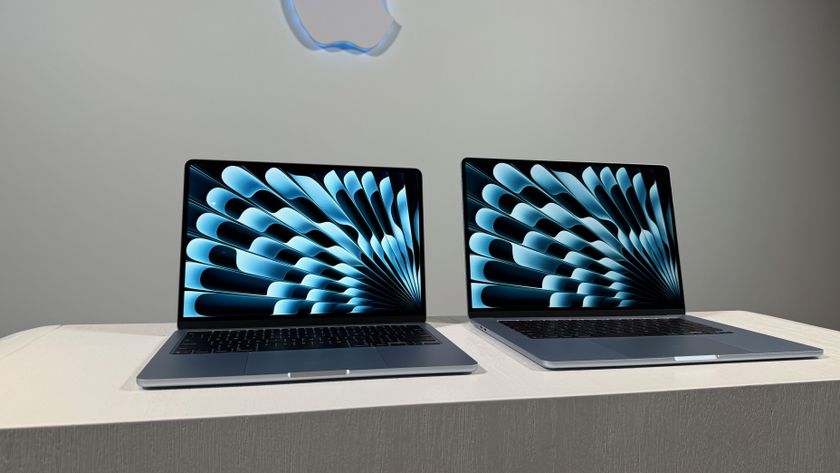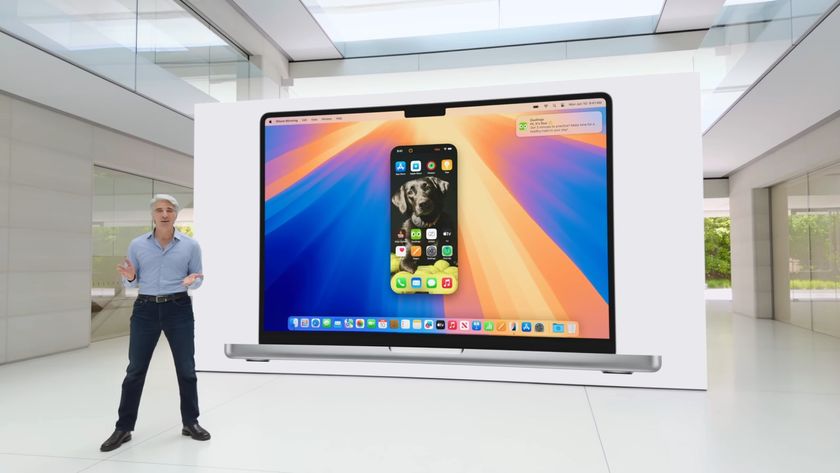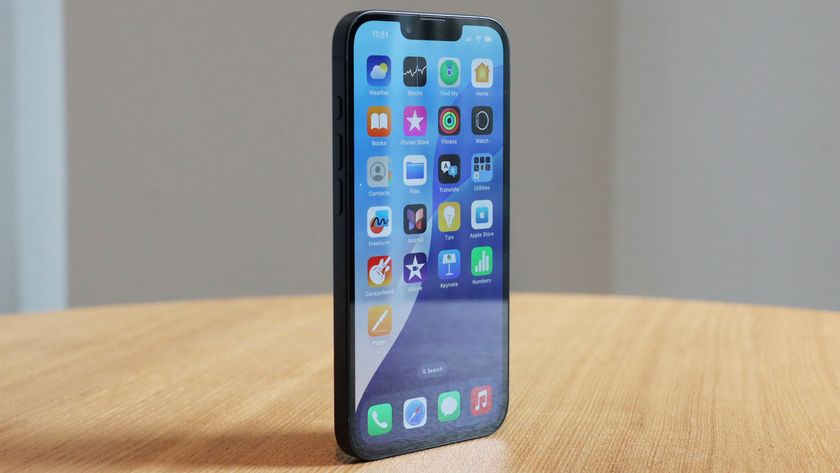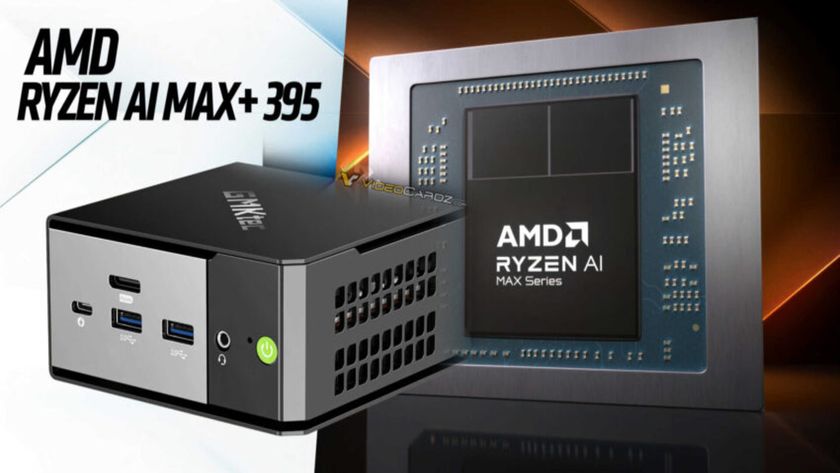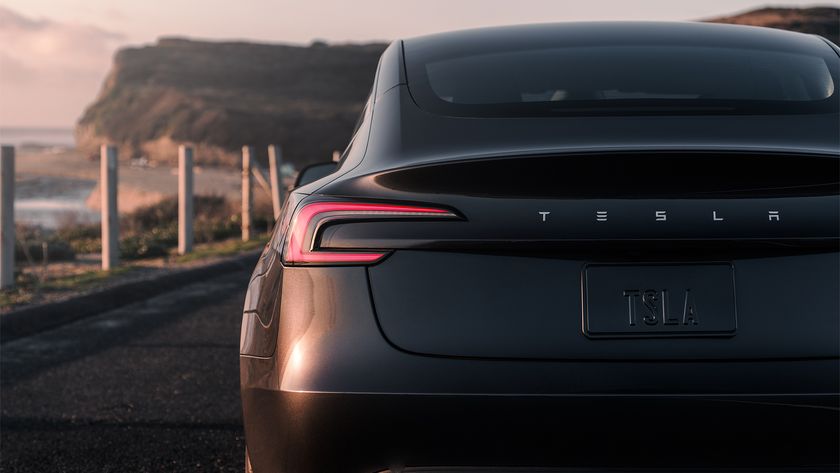ARM declares war on Intel in the battle for laptop processors
Promises serious gains for the performance of ARM-based notebooks
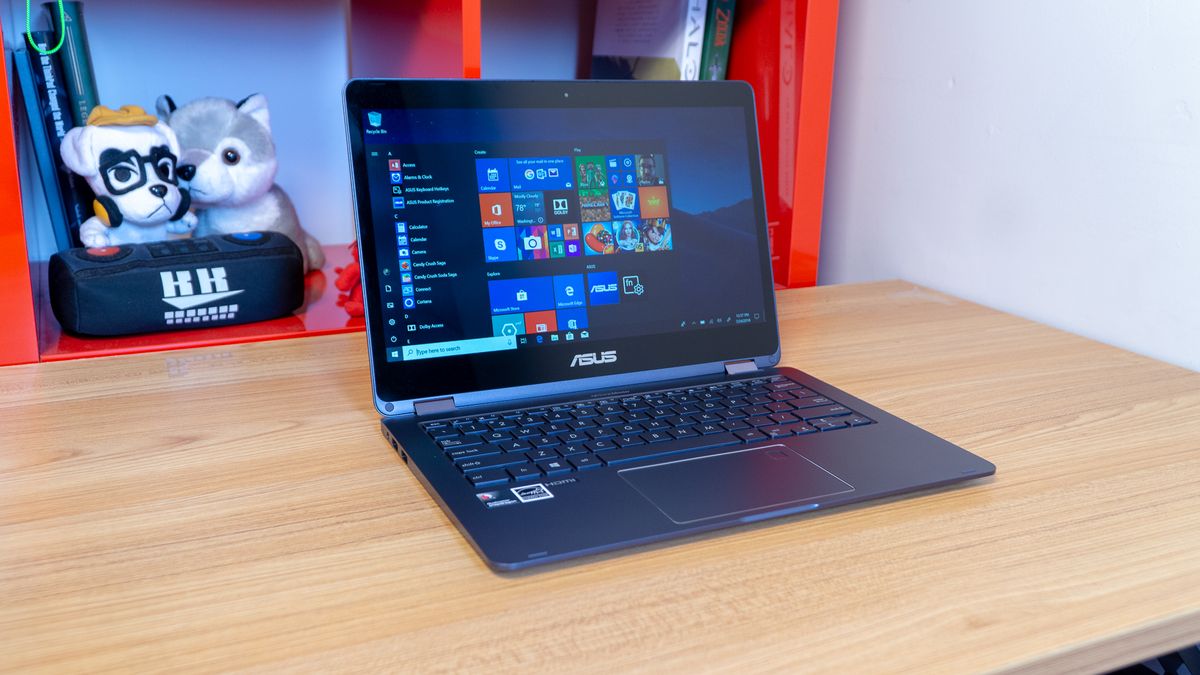
ARM has come out with some fighting talk when it comes to how its processors stack up against Intel’s in the world of laptop CPUs.
In a processor roadmap shared in a press release on the topic of ‘accelerating laptop performance’, ARM said it’s expecting to deliver performance improvements of 15% year-on-year going through to 2020.
Noting that this is a trajectory which surpasses Moore’s Law, ARM also shared a graph which showed that its freshly-revealed Cortex-A76 is roughly on par with Intel’s Core i5-7300U laptop CPU – and that the upcoming Deimos (2019, 7nm process) and Hercules (2020, 7nm and 5nm) chips will comfortably blaze past the level of performance of the Core i5.
However, as Engadget (which spotted this) points out, ARM is obviously fudging things slightly here by not offering a comparison with Intel’s latest 8th-gen family of mobile processors, and furthermore by cherry-picking one particular benchmark to highlight.
Of course, a marketing angle is expected in these sort of releases, but it’s clear that ARM is moving swiftly in the right direction, and the details shared could give Intel’s engineers cause for concern when it comes to the notebook market.
The levellers
ARM said that down the line it expects to “level the performance playing field against mass-market laptop CPUs from the competition”.
The firm further added that: “Arm POP IP is already helping to enable laptop-class performance in 7nm SoCs based on Cortex-A76 by giving our partners the opportunity to push the clock-speed past 3.0GHz and up to 3.3GHz within power envelopes around half that of today’s mass-market x86 processors.”
Get daily insight, inspiration and deals in your inbox
Sign up for breaking news, reviews, opinion, top tech deals, and more.
Naturally, ARM also took the time to underline the fact that we are swiftly moving towards a 5G world, and that the likes of ARM-based always-connected laptops with Snapdragon SoCs will increasingly offer more in terms of not just performance, but better power efficiency and longer battery life, along with the ability to potentially drive slimmer and lighter notebooks and 2-in-1s.
There’s still some way to go though, looking at the current crop of Snapdragon portables, such as the Asus NovaGo (pictured), which we weren’t hugely impressed with in terms of its actual performance figures, and some elements of the hardware, most notably the keyboard.
- We’ve picked out the best laptops right here
Darren is a freelancer writing news and features for TechRadar (and occasionally T3) across a broad range of computing topics including CPUs, GPUs, various other hardware, VPNs, antivirus and more. He has written about tech for the best part of three decades, and writes books in his spare time (his debut novel - 'I Know What You Did Last Supper' - was published by Hachette UK in 2013).
